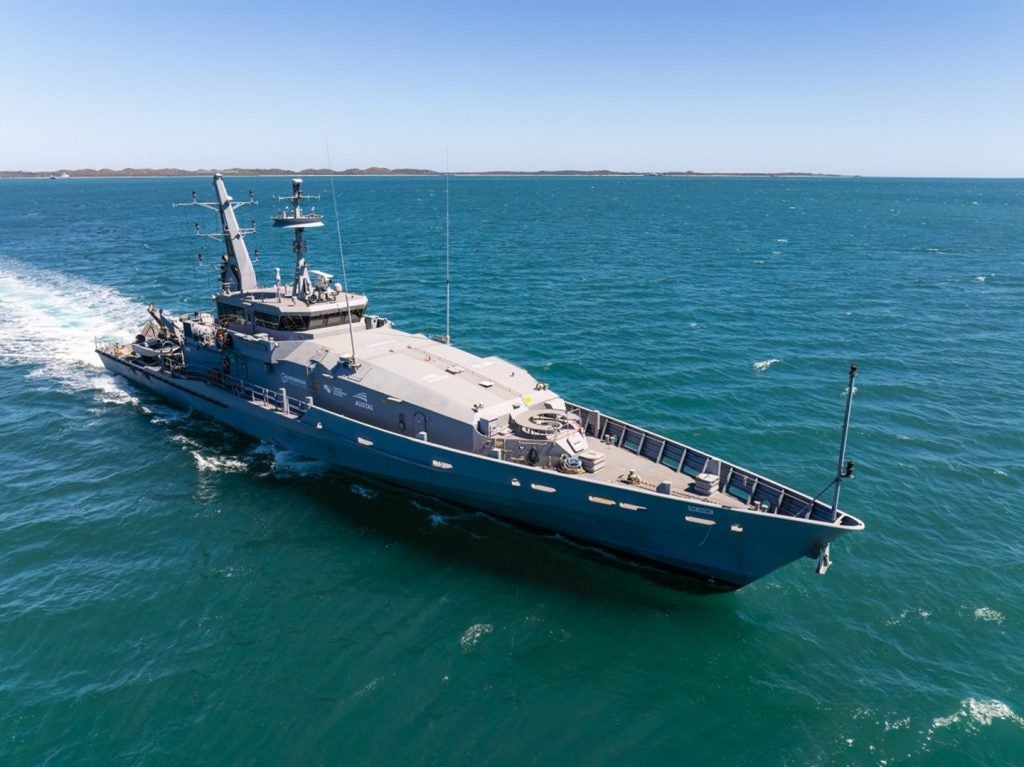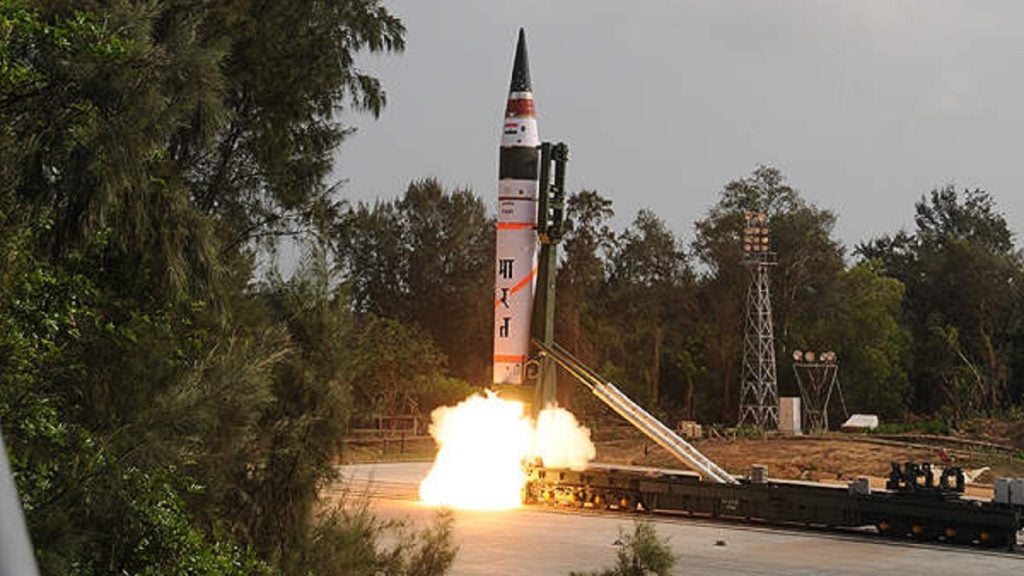Leidos has started construction of an autonomous continuous trail unmanned vessel (ACTUV), under a Defense Advanced Research Project Agency (DARPA) programme.
Capable of spanning miles of ocean depths for months at a time with minimum human input, the ACTUV’s primary purpose will be to support anti-submarine warfare missions and track diesel-electric submarines.
Leidos Group president John Fratamico said that the ACTUV’s advanced sensor technology should allow for continuous surveillance, which, combined with the vessel architecture and design, is expected to provide safe, autonomous navigation in support of navy missions around the world.
"A cross-disciplinary Leidos team leveraged insights and innovation from across the organisation to develop the concept of the autonomous unmanned vessel," Fratamico said.
How well do you really know your competitors?
Access the most comprehensive Company Profiles on the market, powered by GlobalData. Save hours of research. Gain competitive edge.

Thank you!
Your download email will arrive shortly
Not ready to buy yet? Download a free sample
We are confident about the unique quality of our Company Profiles. However, we want you to make the most beneficial decision for your business, so we offer a free sample that you can download by submitting the below form
By GlobalData"It would help keep our troops out of harm’s way and provide capability in more harsh environmental conditions for a longer period of time."
See Also:
Upon completion of a 15-month construction period, the vessel is scheduled to be launched on the Columbia River in 2015, followed by sea trials later the same year.
The autonomous unmanned vessel integrates other sensors and mission packages that support a range of intelligence, surveillance and reconnaissance missions.
In addition to situational sensors that ensure safe navigation, the ACTUV trimaran also features electro optics, and long and short-range radar.
With the vessel’s platform being designed by maritime and hydrodynamic engineers, its autonomy for safe navigation, status, health reporting and sensor control and processing has been developed by scientists and experts.
Its ability to identify other vessels and predict their behaviour has been programmed by analytics professionals.








